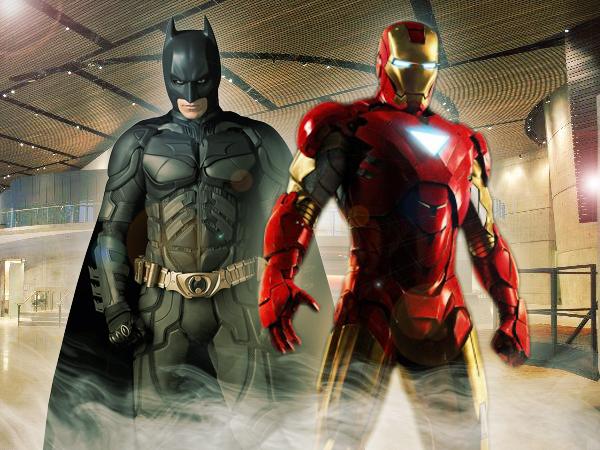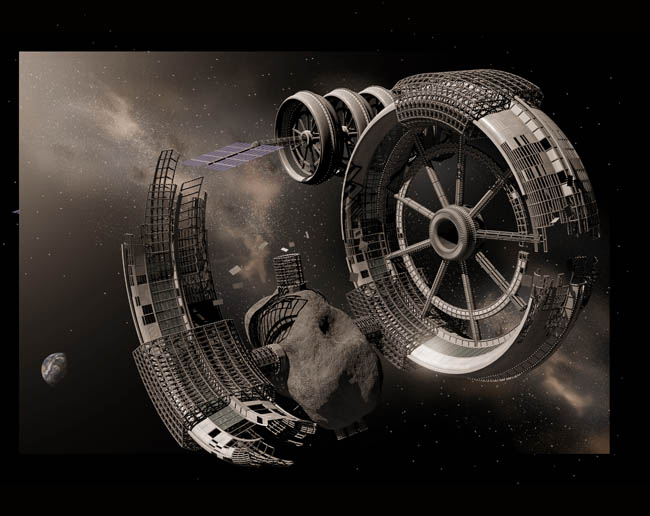McWorld
January 24, 2013 in Daily Bulletin
Jeb Boniakowski wants to build a McWorld in Times Square. Here’s what it would look like:
- The McWorld would have all of the items that McDonald’s serves across all locations all over the world. You can see some of the more interesting items over here. They include the McSpicy Paneer, McBeer, and McRice pictured above.
- One section of McWorld would be revamped every month to look like a McDonald’s in some other country with all its local customs. Germany’s McDonald’s charges for condiment packets and in Hong Kong, McDonald’s hosts weddings. You could get those experiences in McWorld.
- This section might also sometimes show what a typical McDonald’s of the past looked like.
- Discontinued menu items could be bought at McWorld. These would include chocolate stick french fries and McPizzas.
- A McDonald’s labs would invite celebrity chefs to make their own dishes using basic McDonald’s ingredients like chicken nuggets and french fries.
Read more about the Cloud Atlas inspired look that it would have and other features of the proposed McWorld over here.
Source: The AWL
Via: Kottke











![0609-burgers-with-fries[1]](http://www.Centives.net/S/wp-content/uploads/2013/01/0609-burgers-with-fries1.jpg)
![open-book-on-top-of-pile-of-books1[1]](http://www.Centives.net/S/wp-content/uploads/2013/01/open-book-on-top-of-pile-of-books11.jpg)


![vaisseau-star-wars-lego[1]](http://www.Centives.net/S/wp-content/uploads/2013/01/vaisseau-star-wars-lego1.jpg)


Join the Discussion! (No Signup Required)